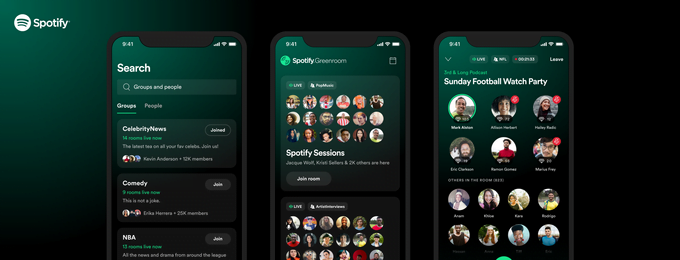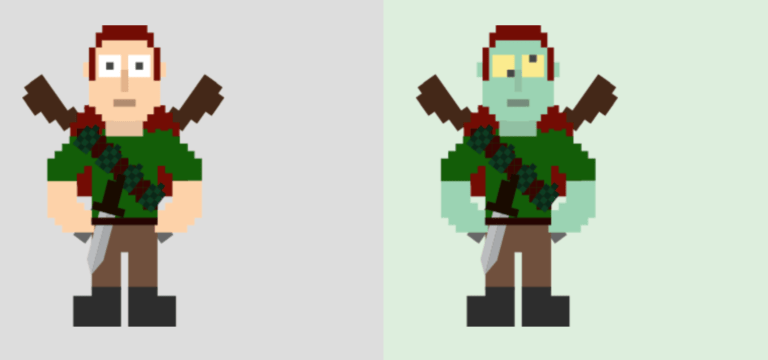The first year I started coding professionally, most of the work I did was in Adobe Flash. Then Steve Jobs decided to kill Flash and it forced me to learn how to animate with JavaScript, CSS3 and HTML Canvas if I wanted to keep landing contract jobs. In the second year, recruiters were asking me if I could “build Parallax websites” when the first mainstream use of it appeared only 8 months prior.
The hectic pace of needing to learn one thing after the next didn’t bother me so much because when I was 26 because I was quite happy to spend much of my free time outside of my day job coding. I was really enjoying myself, so the impression that I had to constantly up-skill to maintain my career wasn’t a concern. I did wonder, though, how I would ever take enough time off to have a baby, or have other responsibilities that would prevent me from being able to spend so much of my time mastering languages and learning new libraries and frameworks.
Nine years have passed since then. Earlier this year I completed my second stint of 6 months off work in a couple of years. Normally I read blogs, subscribe to several Development related newsletters and stay on top of the latest news regarding JavaScript and the Front End. But for that 6 months I paid no attention to what was happening at work, or in development in general. I completely checked out.
There was a time when I would have thought that taking such a break from Front End wasn’t possible. That I had to be aware of all the new frameworks and language features to keep my career on track. I was misguided in my thinking and was placing importance on the results, rather than the process.
What I’ve learnt through experience is that the number of languages I’ve learned or the specific frameworks I’ve gained experience with matters very little. What actually matters is my ability to up-skill quickly and effectively. My success so far has nothing to do with the fact I know React instead of Vue, or have experience with AWS and not Azure. What has contributed to my success is the willingness to learn new tools as the need arises.
My hope in sharing this, is that it might give you permission to stress less about picking the “wrong framework” to learn or feeling like you have to stay aware of every piece of JavaScript news. If you focus on:
- learning how you best learn, and
- practicing effectively communicating the things you’ve learned
you can’t go wrong.
When I returned to work after my 6 month break, CodePen was moving their backend code from Ruby on Rails to Go, and Front End to Next.js. So I am now learning how to program with Go and reading a lot of Next.js docs and resources. If there has been one consistency about my job, it’s that the tech is always changing. Although it can be frustrating to go back to being a complete beginner at something over and over, each time I pick up something new I further my expertise in being a lifelong learner. I wouldn’t trade that experience for anything.






